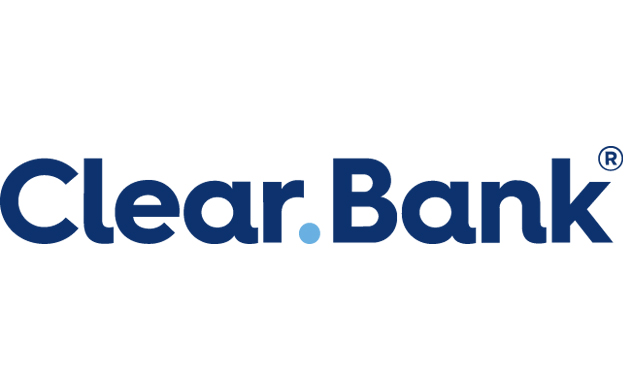Winner profile

The UK was once home to 16 clearing banks. Six years ago, that number had fallen to four. “They were all using legacy technologies that couldn’t manage instantaneous payments or API fluency,” says Charles McManus, Chief Executive of ClearBank. “We’re the first new, full-service clearing bank plugged directly into the UK’s payment infrastructure for 250 years.”
ClearBank is in the business of payments: helping to clear transactions faster and more securely using modern technology. “We enable our partners to do retail and business banking, and unlike other banks we don’t use the funds we hold for lending, or compete with our clients for end customers,” says McManus. “We are completely focused on providing the best embedded banking services to 5,500 regulated financial institutions, from banks and fintechs to credit unions.”
The bank now has 170 financial service providers live on the platform, with over 150 more in the process of coming on-board. Tide, the SME banking disruptor, now runs on ClearBank’s rails. “Open banking, banking-as-a-service, innovative clearing infrastructure, we have it all,” says McManus. “We are growing quickly and now service around 1% of UK faster payments. We are powering forwards and see no reason why we won’t be five or even ten times larger, and that’s just in the UK.”
ClearBank was founded by serial fintech entrepreneur Nick Ogden in 2015. Getting the necessary approvals for a new cloud-based clearing bank proved to be a challenge. “It had never been done before,” says McManus. “We had to collaborate with 36 different stakeholders, from the Financial Conduct Authority to the Bank of England, so that we could build the bank. There was a huge amount of scepticism. Cloud based systems and API fluency were all new, and there hadn’t been a new competitor in this market for so long.” City grandee McManus was tempted out of retirement to join the bank during the first year. “I’ve been in investment banking all my life,” he says. “But when the chance to change the very fabric of banking in the UK arrived, I couldn’t let it pass. I think my wife has just about forgiven me for ditching the retirement idea!”
In the early days, there were just six people at ClearBank, and the start-up was based in the east end of London. “We had a small basement office,” says McManus. “We have since moved to being a remote first business, with a flexible office in London, and a hub office in Bristol.” Why Bristol? “Bristol made perfect sense for us because there was great talent there and the location was more affordable than central London,” says James Hopkinson, ClearBank’s Chief Financial Officer.
Technology is the cornerstone of ClearBank’s offering, and out of the company’s 362 employees today, 114 are Developers. “All of the IP we use is owned and built by us,” says McManus. Finding Scrum Masters is far from straightforward in today’s competitive market. “You have to look at a culture of innovation and overall employee proposition in order to keep the best players on your tech team, but they come to ClearBank for the opportunity to build something exciting. They want to work on something that has never been built before.”
The technology underpinning financial transactions is in constant flux. This has become a competitive advantage for ClearBank: “There are significant costs associated with maintaining access to faster payments,” says McManus. “From start-ups to major global brands, businesses are considering whether they want to go through the expense and challenge of building from scratch or changing legacy systems, and why would they when they can rely on ClearBank to take care of it for them?”
New banking entrants are flocking to ClearBank. “Most of the newly approved UK banks are partnering with us, and we have no doubt that we’ll soon see that be 100% - because we know we are offering the best in-market service and experience out there.”